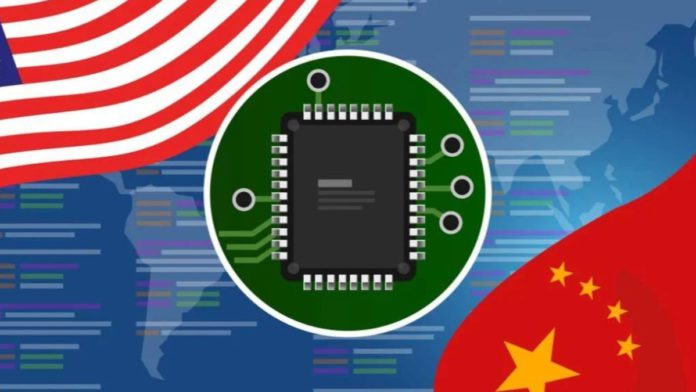According to official customs data released on Monday, China’s chip imports fell 12.4% in September, continuing a decline amid tensions with the US and an ongoing chip shortage. Recently, US officials ordered Nvidia to stop exporting computing chips for AI work to China.
According to the data, the country imported 47.6 billion units of chips during September 2022, compared with 54.3 billion units in September last year. The data was expected to be released earlier this month. However, it was delayed by the Communist Party Congress.
The data shows an ongoing downward trend for chip imports. In the initial nine months of 2021, China imported 417.1 billion chips, down by 12.8% year-on-year. Chip imports to China increased in 2021 as tensions between the US and China over technology policy surged, and a global chip shortage made many companies in China stockpile supplies.
Read More: How Will The US CHIPS Bill Affect The Global Chip Industry?
Additional data from the National Bureau of Statistics indicates that domestic chip output in September decreased by 16.4% year-on-year to 26.1 billion units. During the initial nine months of this year, total output fell 10.8% to 245 billion units.
Achieving self-sufficiency for China’s chip industry remains a key policy priority for Beijing, especially as Washington continues to target the progress of China’s semiconductor sector, with the latest being a set of sanctions announced by the Biden administration earlier this month.
The sanctions have caused big overseas-based chip manufacturing equipment companies to cease supplying chips to key Chinese companies. These include Yangtze memory Technologies Co (YMTC), Semiconductor Manufacturing International Corp (SMIC), and advanced artificial intelligence chip makers.


